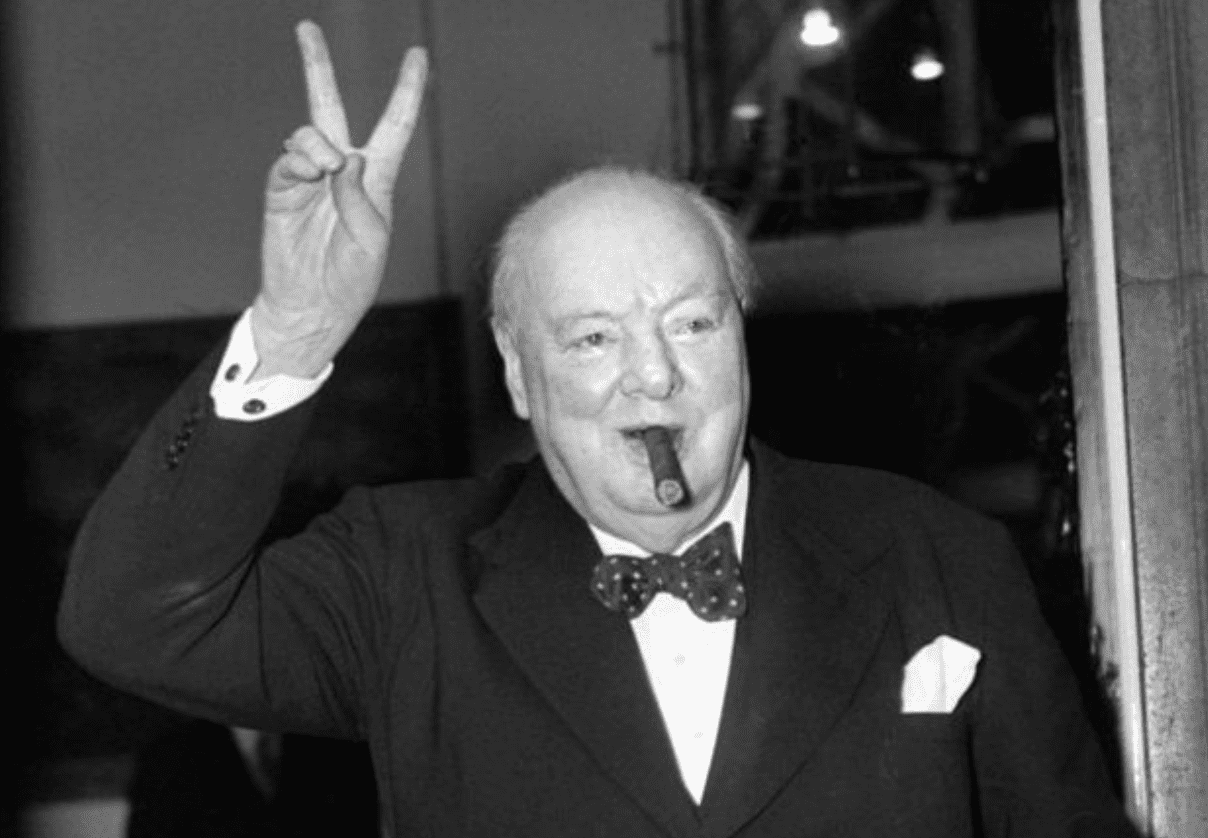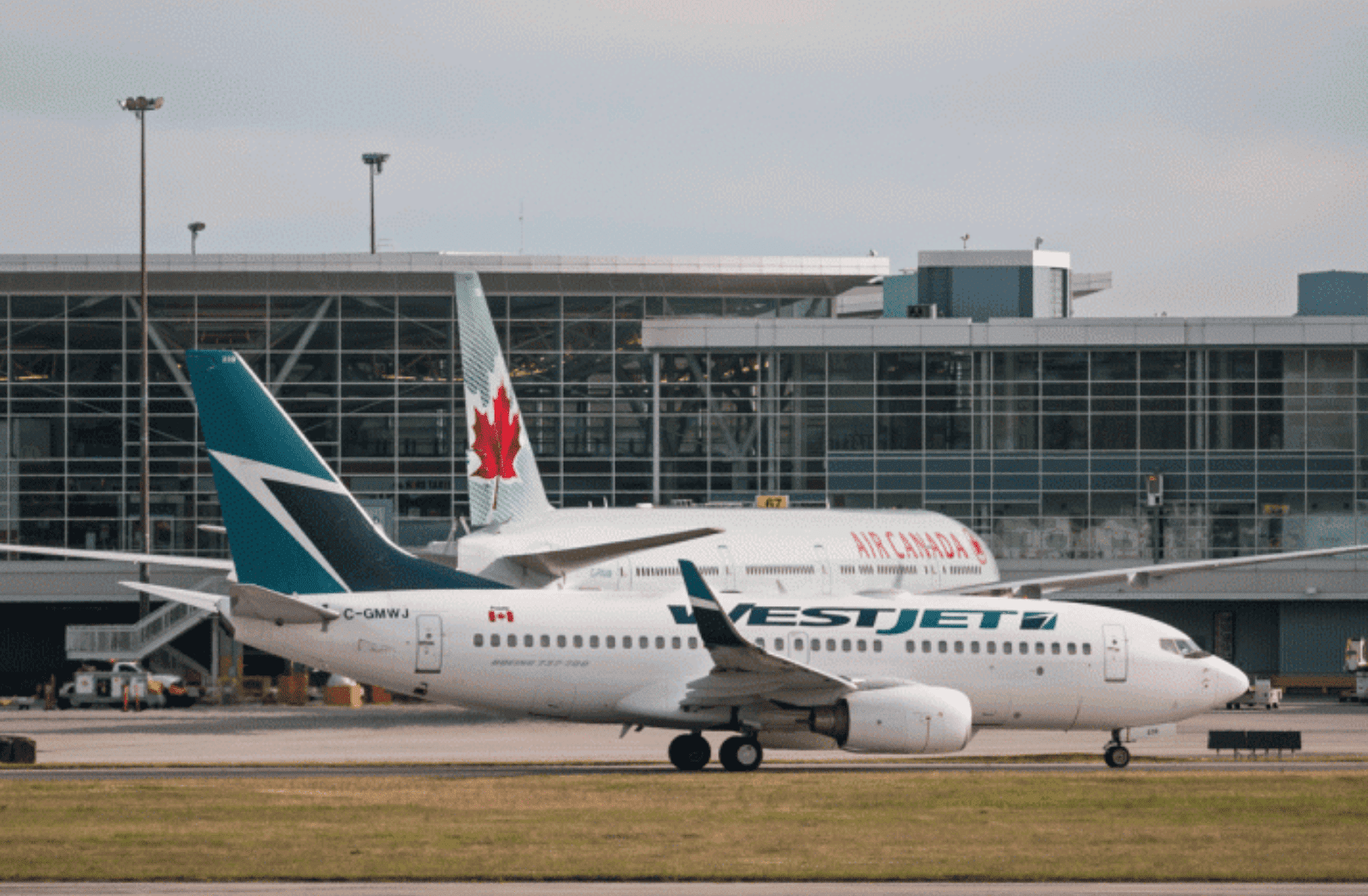Reading, working, cleaning, walking this is life for me in a time of COVID-19.
That means I've been enjoying popping in my headphones and listening to podcasts galore, mostly but not exclusively about politics and current affairs.
I thought it would be a good idea to share what I've been listening to. So, here is a compendium of the best political podcasts I'm enjoying:
Reasons to be Cheerful
Former UK Labour leader Ed Miliband, along with BBC radio host Geoff Lloyd, host this witty, conversational discussion about big and small ideas that "could be potential reasons to be cheerful". From basic income to a four-day work week, children's rights to etiquette on the tube, they tackle public policy in an accessible and engaging way. Come for the ideas, stay for the buddy comedy with routine gags such as being "a borderline millennial" and lampooning Ed's campaign bacon sandwich incident and other such gaffes.
The Herle Burly
David Herle has really hit his stride this season, combining an in-depth interview with a major newsmaker, followed by a delightfully freewheeling, often profane panel discussion between Conservative strategist and life-of-the-party Jenni Byrne, and Liberal comms guy, Scott Reid. The banter is hilarious, the insights on point and their laughs are hilarious additions to the soundtrack.
(Full disclosure: I've worked with and am friends with almost everyone involved in this pod.)
Campaign HQ
Obama campaign veteran David Plouffe's new podcast is a fascinating series of insights featuring some of the biggest names in Democratic political circles. Plouffe and his guests dissect the news of the day, offering compelling behind-the-scenes, expert analysis of the politics in this presidential election year. The pod is like a weekly political-science lecture if poli sci was about winning elections.
Hacks on Tap
David Axelrod, the former Obama guru, and Mike Murphy, a never-Trump Republican strategist, take a laidback approach to analysing American politics each week, with recurring guests such as Robert Gibbs, the former Obama press secretary, and former Chicago Mayor Rahm Emmanuel. There's a lot of "dad humour" and some cheesy sound effects, but somehow that just adds to the enjoyment of listening to some old pros shoot the breezes and condemn President Trump's reign of error.
Pod Save America
This is an old staple along with its sister pod, Lovett or Leave It. The "Obama Bros" were at the leading edge of the new style of political coverage, with incredibly funny gags, contests and insightful discussions of American politics. The pods are somewhere between late-night comedy, variety shows and what you wish CNN political panels were like. They've launched an entire liberal-oriented media platform, and offer a stable of great shows, covering the gamut from foreign policy to religion.
Political Traction
Amanda Galbraith helms Navigator's weekly podcast and the worst thing I can say about it is it's too short! She'll bring a guest on each week to dive into an issue in detail, and then ask them to engage in a bit of rapid-fire word association about various topics in the news to conclude the discussion.
Five Thirty Eight
This pod certainly has the best theme music and some of the most interesting analysis around, as Nate Silver and a group of reporters focus on the data behind the politics. Sure, there's some typical punditry, but with the goal of focusing on the datapoints behind the headlines, the panels challenge conventional political wisdom and try to analyse the trendlines. Nate is a contrarian, and Clare Malone one of the regulars and an ace reporter is the best.
More generally there's something I really love about podcasts as a medium. For me, it's a solitary activity, headphones in and the conversation playing in my head. Sometimes you can catch me laughing to a joke, and I suppose I must look a bit foolish when out for a walk. But mostly, I find podcasts are like reading the news if the news was a group of friends having a regular conversation an auditory opinion section, if you will.
Especially in this time of physical distancing, having regular podcasts is a way to digest the news and learn something from the experiential expertise of others.
If you're not yet a podcast listener they're well worth your time, and these are the best shows I've found.










